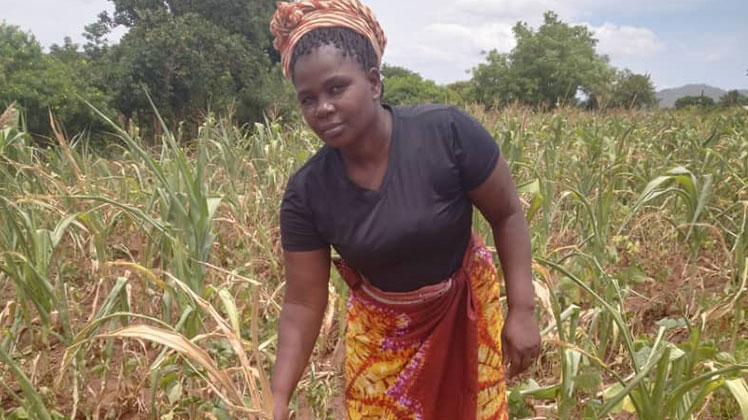Putting out fishy bulbs
Ending the ills of fishing bulbs on the waters of Lake Malawi calls for decisive collective effort. JAMES CHAVULA writes.
Likoma may be a fishing community, the main source of fish in the Northern Region, but residents warn there is more and cheaper fish at Chizumulu Island nearby.
“Keep your money. When the ship stops at Chizumulu, you will find lots of affordable fish. Even the locals on Likoma buy from there,” warned a resident running a boat that ferries people from the shoreline to the ship which docks nearly 300 metres in the waters of Lake Malawi due to lack of jetty.

Such is a tale of the two islands that Chizumulu seems to offer vivid lessons on everything not happening on Likoma, whose status as the destination for usipa fish vendors desperate for boatloads of profitable buy is under threat due to overfishing.
The difference is not the use of extraordinary technology.
The fishing crews around Chizumulu still use kerosene and solar lamps which their Likoma cousins abandoned in preference for light bulbs from Tanzania across the lake in April last year.
But Chizumulu citizens, like Ghana, which banned the use of bright lights in 2011 to safeguard its fast-vanishing population, has a big advantage because of its insistence on sustainable fishing equipment.
“Fish is life,” says village head Msoka. “The use of fishing gear that wipes out fish threatens livelihoods on the islands. Farming is almost nonexistent and we have no alternatives sources of food and income.”
Chiunda is one of the traditional leaders petitioning hard against the proliferation of the widespread bulbs which chief fisheries researcher Moffat Manase blames for scaring away some fish species and leading to overfishing.
In June, Chiunda—together with village heads Msalowa, Kabunthu, Fulama and Msoka—signed a petition calling for an immediate ban of the unwanted bulbs within the radius of Chizumulu Island.
Faith Malata was one of the women in the fray when the islanders set sail, singing songs of protesting and carrying placards best summed up by one of them: “Likoma says NO to bulbs!”
When Malata and her fellow women jumped on board, they were not encroaching into an industry that stubbornly consigns and restricts women and girls to drying the fish for sale.
Rather, they were out to fight for the right space for their children and their children who stand to face worse times if the depletion of fish Lake Malawi goes uncurbed. According to the department of fisheries, the country’s largest lake has lost about 95 percent of its fish population due to overfishing, low water levels and use of illegal equipment.
Lake Malawi is said to be home to a record 1 000 fish species.
However, the locals say usipa is the worst hit by the unauthorised fishing technology reportedly being used by approximately 75 in 100 fishers on Lake Malawi.
Bellings Yasweka, a fisher from Chiteko Village, terms the new lighting technology wasteful.
“The bulb light goes so deep that fishing teams catch more than their boats can carry. As a result, we throw the surplus back into the water,” says the youthful fisher.
The might have marked some awakening, the first time the islanders took to the lake to demand an end to the ruinous fishing technology which something that directly affects them.
However, it remains so divisive that it compelled Likoma District Council to summon chief fishing researcher to shed more light on effects of the bulbs.
The researcher’s response?
The partial curfew is just half the story—a step closer to the ultimate goal yet far from it.
“Likoma and Chizumulu have the same fishing grounds. Fish know no bounds. So we cannot successfully protect the fish if one island acts accordingly and the other continues to do business as usual,” says Manase.
He urges the council to put in place by-laws to protect fish running away from the pricking light on the lake surface and curb overfishing resulting from schools of species that gang up to eat zooplanktons attracted to rays that go deeper.
The effects also include spills of acid from the car batteries which power the flurry of bulbs fixed to the frontline which goes deeper into the lake to coax schools of usipa and micheni into the nets as it sails ashore.
Concurring, district commissioner Charles Mwawembe wants the consultation to start right away.
The human faces of the islands’ fishing sector include migrant business
In his royal language, the lake is nothing without fish.
When asked about the Chizumulu example, the chief said: “We cannot continue fishing as if we will all die today. We have to do something for tomorrow and future generations.” n





